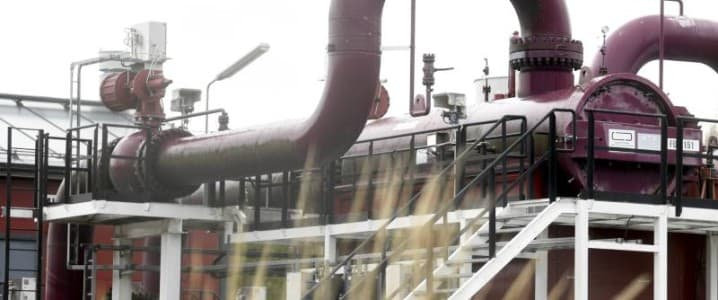A group of U.S. investors is in talks with the Bulgarian government to acquire a minority stake in the Chiren underground gas storage facility, the country’s only such site and a key regional hub for balancing and reverse flows across southeastern Europe, Reuters reported exclusively on Monday.
The group reportedly includes financier Stephen P. Lynch, infrastructure specialist Fei Wang, and former Trump campaign official Brad Parscale. Bulgarian state energy officials confirmed the exploratory discussions, though no transaction terms have been disclosed. The storage facility currently contains volumes of Russian-origin gas, delivered through TurkStream, and remains under the operational control of Bulgartransgaz EAD, a subsidiary of Bulgarian Energy Holding EAD (BEH), which in turn is 100% state-owned.
Chiren’s relevance is growing for the European Union in the aftermath of the expiration of the Ukraine-Russia transit agreement at the end of last year. With European Commission policy focused squarely on supply diversification, Bulgaria emerges as a potential transit substitute and strategic fallback route.
However, U.S. investor interest in a storage site that still contains Russian gas, which is technically not sanctioned, marks a notable shift in capital exposure to this game.
According to the Wall Street Journal, Elliott Investment Management is also considering infrastructure linked to Russian gas exports via Turkey, indicating a broader pattern of U.S. capital repositioning toward stranded or undervalued midstream assets.
Domestically, Chiren has faced procurement scrutiny. The European Public Prosecutor’s Office is investigating a €78 million expansion contract tied to the facility, while Bulgaria’s energy ministry recently cancelled a drilling award and pledged to relaunch tenders in line with EU transparency rules.
According to April 2025 figures reported by Serbia Energy, despite the legal complications, over 87% of Chiren’s capacity for the 2025–2026 season has already been booked. Industry observers say the site’s location and integration with Balkan transit routes make it a prime asset amid shifting gas flows and new investment alignments. The U.S. State Department has not commented on the proposed deal.
By Charles Kennedy for Oilprice.com
More Top Reads From Oilprice.com

